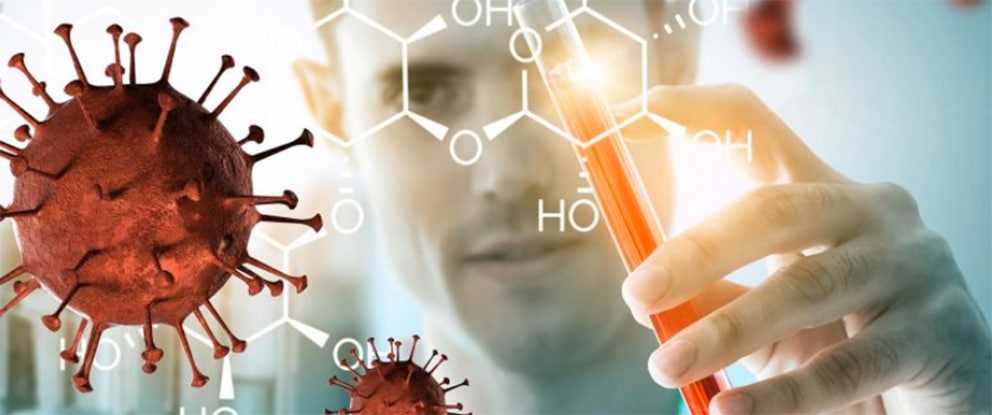Source: GroundUp, 7 September 2021, photo credit: Covid 19 Hub/TABIP
There have been four important developments in Covid-19 science in the past few weeks. A large study in Brazil has found a potentially promising treatment that reduces hospitalisation. The same study found that another much touted drug, ivermectin, doesn’t work. Also, a ginormous study in Bangladesh should end any further doubts about the efficacy of masks.
Also, a ginormous study in Bangladesh should end any further doubts about the efficacy of masks.
And a South African company has taken the lead in making vaccination compulsory.
Fluvoxamine is a drug used to treat depression. It is in the same class of drugs as fluoxetine, which most people know by the brand name Prozac. The two drugs are chemically quite different despite having similar names. There has been speculation that fluvoxamine has some anti-inflammatory effects. A small but inconclusive study also suggested it may prevent some people with Covid from becoming ill.
The Together trial is a large clinical study that is being run in Brazil. It is investigating several drugs, including fluvoxamine, for the treatment of Covid. It’s a well-run, reputable trial.
Volunteers, all with Covid and symptomatic, were randomly chosen to receive either fluvoxamine or a placebo (a pill that does nothing), or other drugs being tested. Neither volunteers nor their health workers knew whether the volunteers were getting fluvoxamine, placebo or another drug. The volunteers ranged in age from 18 to 102, with the average age being 50.
Of the 739 people taking fluvoxamine, 77 needed to be observed for six or more hours in an emergency room or were hospitalised. But in the placebo group the number who needed to go to an emergency room or hospital was quite a bit higher, 108 people out of 733.
This result is unlikely due to chance. It strongly suggests that fluvoxamine reduced the severity of Covid.
But there are many cautions. This is no “wonder drug”. The effect appears to be real, but it’s not massive: 10% emergency room or hospitalisation with fluvoxamine vs 14% for placebo. The study would probably have to be convincingly replicated before it impresses health authorities sufficiently to change treatment guidelines. There have been too many false alarms — positive results that could not be replicated — with Covid. There are also questions about the practicality and cost. Finally, the results have not yet been peer-reviewed.
Read more
The South African Pork Producers’ Organisation (SAPPO) coordinates industry interventions and collaboratively manages risks in the value chain to enable the sustainability and profitability of pork producers in South Africa.
















